HE was the prince who sacrificed his ambition for duty – dedicating his life to selfless support of the Queen and the nation.
In doing so, he gave up his dream of emulating his grandfather and uncle, who both held high command in the Royal Navy.

Read our live blog for the very latest news on Prince Philip’s death…
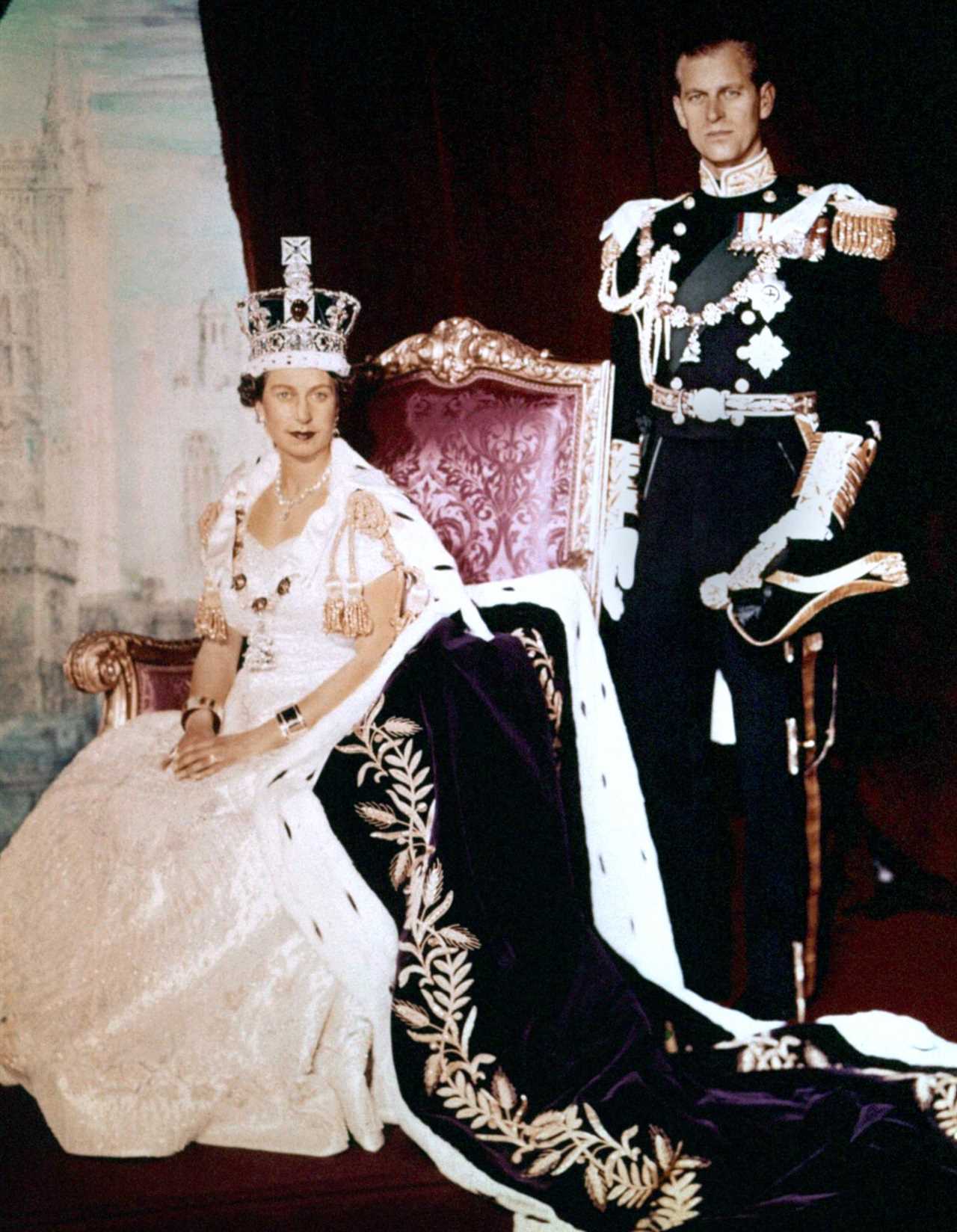
But Philip, the longest-serving consort in British history, never complained. He once said: “You have to make compromises. That’s life. I accepted it. I tried to make the best of it.”
During the Queen’s Coronation at Westminster Abbey on June 2, 1953, Philip knelt before his wife, clutched her hands and pledged unswerving loyalty.
He said: “I, Philip, Duke of Edinburgh, do become your liege man of life and limb and of earthly worship. And faith and truth I will bear unto you, to live and die, against all manner of folks. So help me God.”
Nearly 58 years later, he stood ramrod straight in the same Gothic church proudly singing the National Anthem at his grandson Prince William’s wedding.
Watching William swap vows with his university sweetheart Kate Middleton must have evoked memories of his own wedding in 1947 to Princess Elizabeth.
From the moment his wife became Queen, Philip knew he would have to play second fiddle to her on the public stage, even to the extent of having to walk a couple of paces behind her on royal occasions.
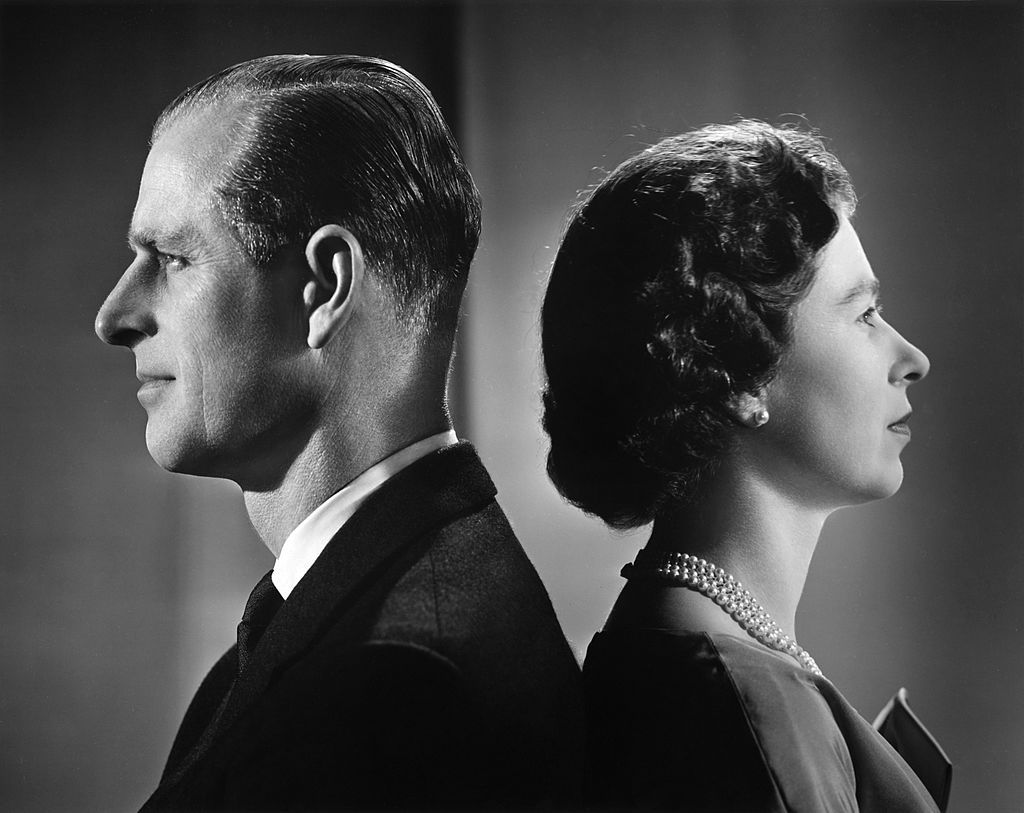
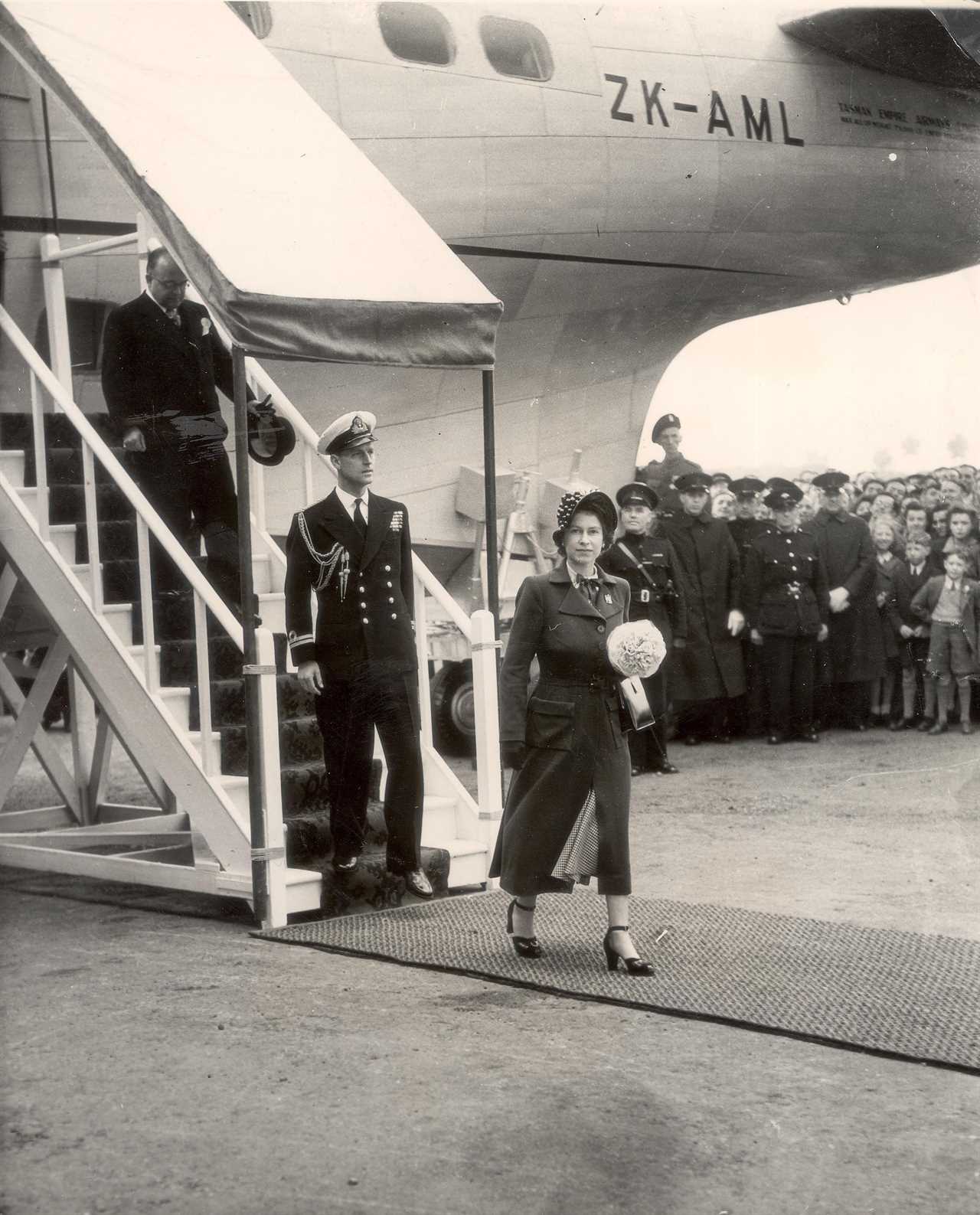
It was a tough role for a man’s man like Philip to accept, especially with his family’s proud military tradition. But he became the rock upon whom his wife could always rely as she navigated the choppy waters of royal rule after her father died in 1952.
To younger generations, Philip was often seen as the ultimate establishment figure. But the reverse was actually true.
Palace flunkies viewed him as an outsider, from the rag-tag Greek royal family.
It did not help that the Queen Mum, with whom Philip at first had a tricky relationship, jokingly nicknamed him The Hun because of his German family ties.
Philip wanted to take some of the pressure off the Queen by helping with routine duties, but the grey men and senior politicians forbade him from doing so.
So instead he set about revolutionising Palace life. Stuffy footmen were suddenly shaken out of their torpor when he set up a training programme for them.
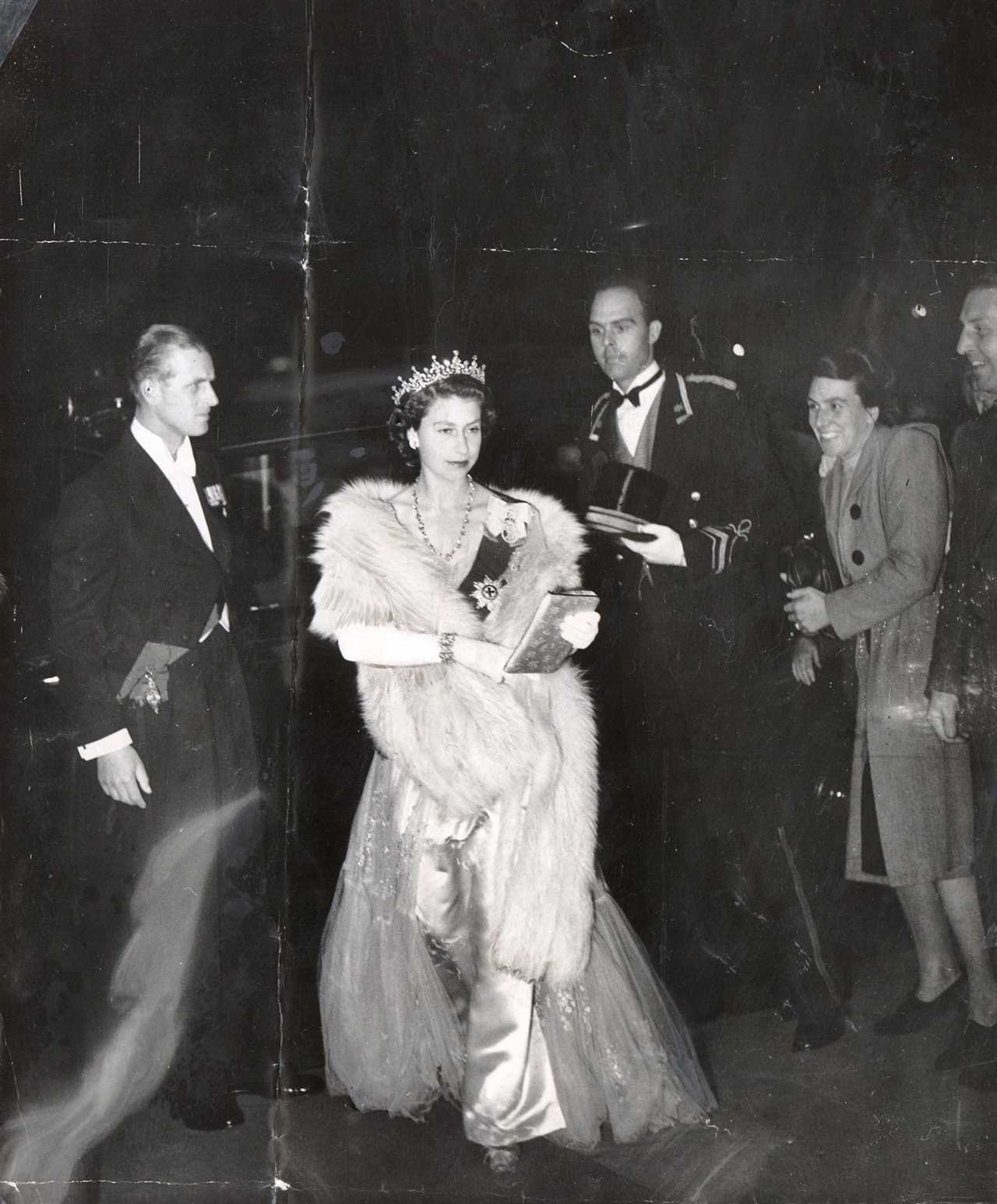
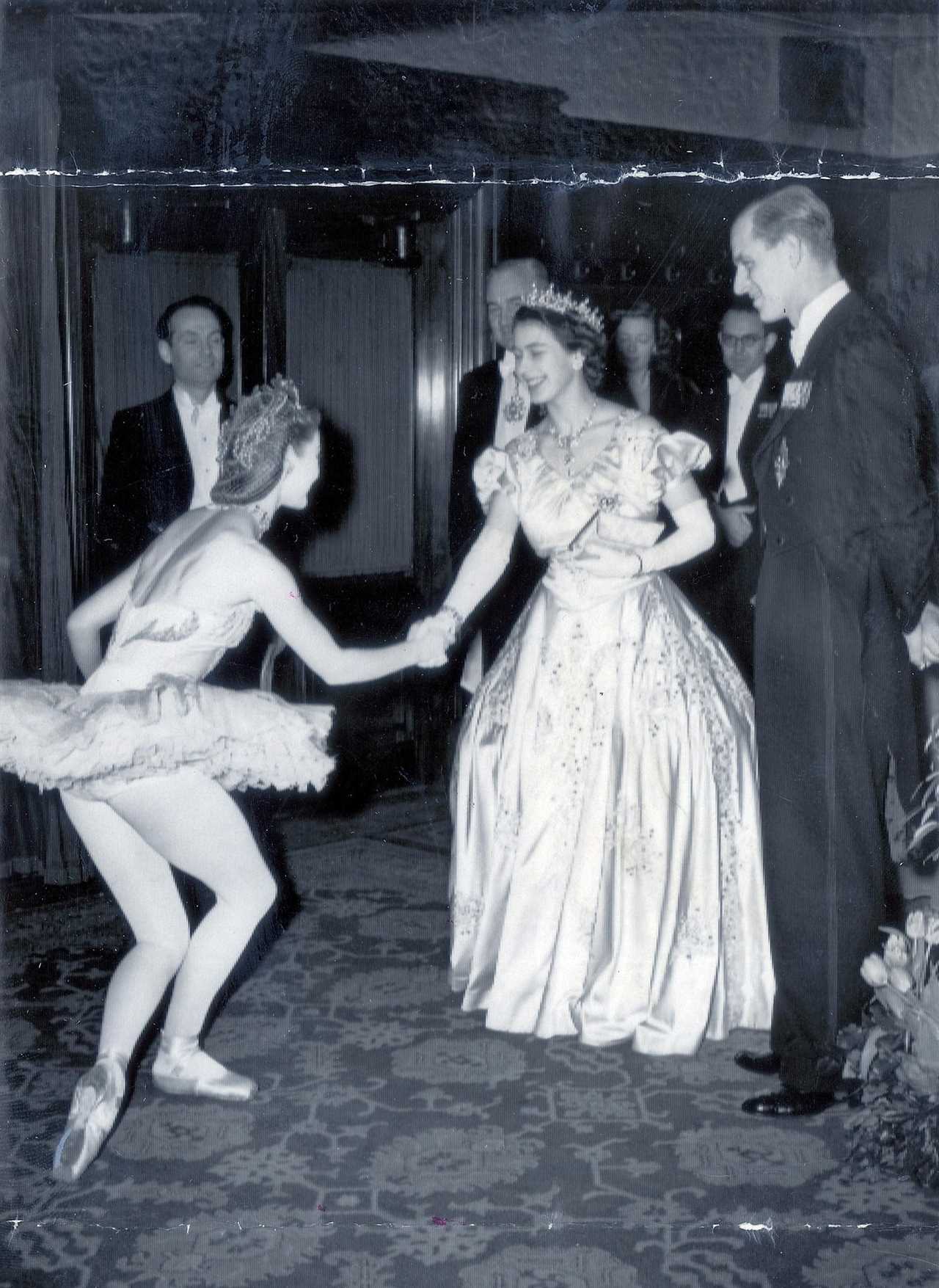
He brought in modern filing systems and pioneered the use of a helicopter for work.
Equerry and best friend Mike Parker says the changes went down badly. He said: “Some of the old guard weren’t happy. We met with a fair bit of resistance. But we made a few improvements, dragged them into the 20th century.”
For example, Philip was chairman of the Coronation Commission, which planned every detail of the Queen’s enthronement ceremony.
Large numbers of Commonwealth and colonial troops arrived from all over the globe for the ceremony and were stationed at barracks across the country.
The prince wanted to visit them all and decided the best way to do it was by helicopter, so he borrowed one from the Royal Navy. Prince Philip said: “It caused a ruckus. I didn’t go through the proper channels. There was a lot of pettifogging bureaucracy.”
Parker, who was later forced to resign from his role following reports his wife had demanded a divorce, said: “The problem was simply that Philip had energy, ideas, get-up-and-go, and that didn’t suit the establishment, not one bit.”
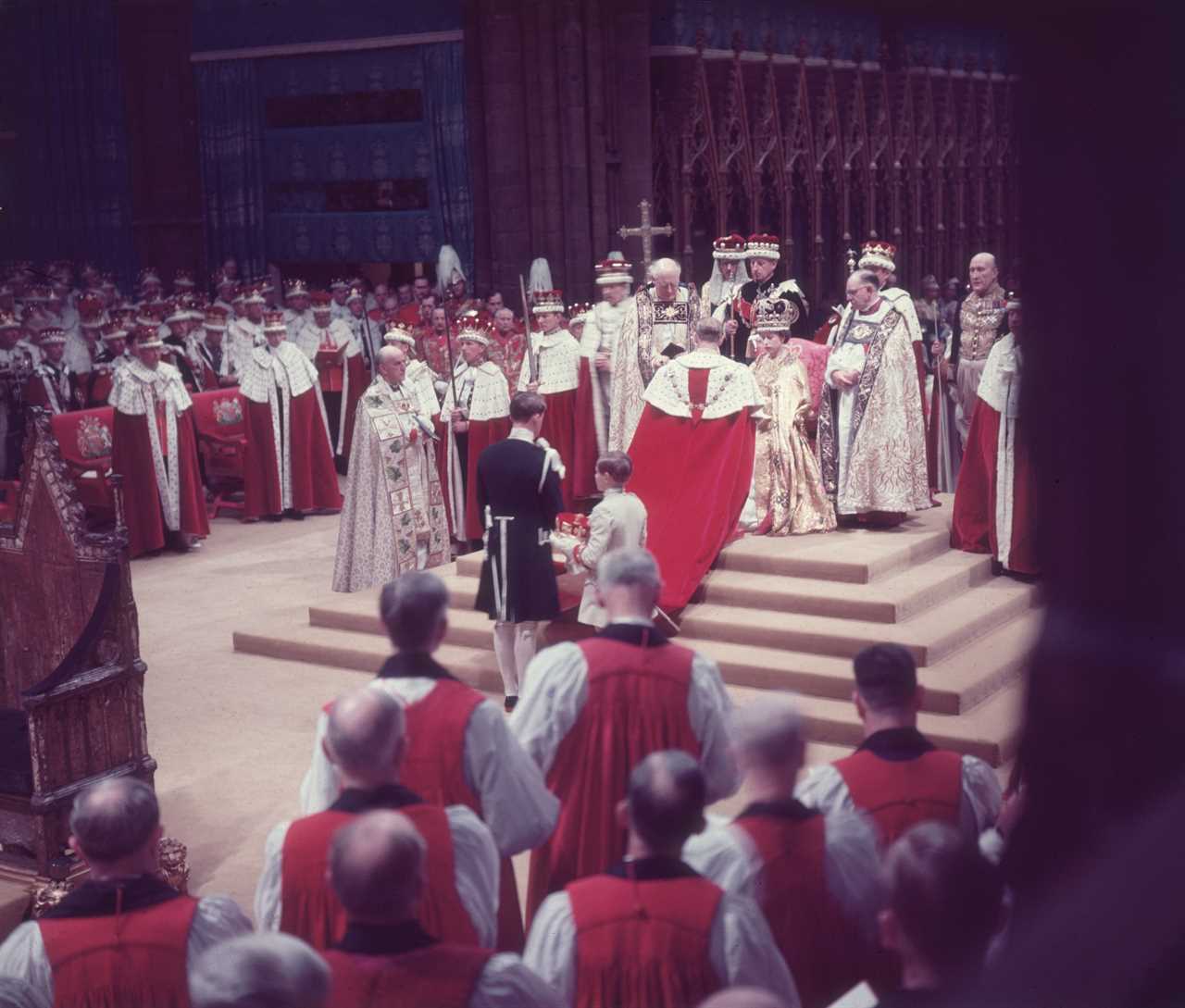
Philip was not afraid to use naval language to make it clear he was serious about an issue. He was a man trying to find his way and define his role, something he admitted in hindsight as he approached his 90th birthday.
He said: “The problem was to recognise what the niche was and to try to grow into it and that was by trial and error. There was no precedent. If I asked somebody ‘What do you expect me to do?’ they all looked blank. They had no idea.”
But he began to grasp two vitally important concepts — his role in the Royal Family and its role in the country.
The Queen may have been the nation’s figurehead but there was no doubt that Philip ruled the roost at home.
He was confident, whereas she suffered from shyness, and she left him to make all the running at stilted royal receptions.
‘Tolerance is the central ingredient of happy marriage’
Philip also kept up the Queen’s spirits with supportive words or even practical jokes.
In a speech to mark their golden wedding anniversary in 1997, he said: “The main lesson we’ve learned is that tolerance is the one central ingredient of any happy marriage. It might not be so important when things are going well but it is absolutely vital when things get difficult.”
And in a family crisis, it was Philip who took control — whether it be Princess Margaret’s love affair with divorced equerry Peter Townsend, the devastating fire at Windsor Castle or the scandal generated by pictures of Prince Andrew’s wife Fergie having her toes sucked by a lover following their split.
The death of Diana in 1997 also shook the Royal Family to its core. They had to deal with the devastating blow to Princes William and Harry while facing public flak over their apparent lack of respect for the late princess.
Philip took control by persuading William and Harry to walk behind their mother’s coffin at her funeral. He felt they would regret it if they did not and told them: “I’ll walk with you, if you like.”
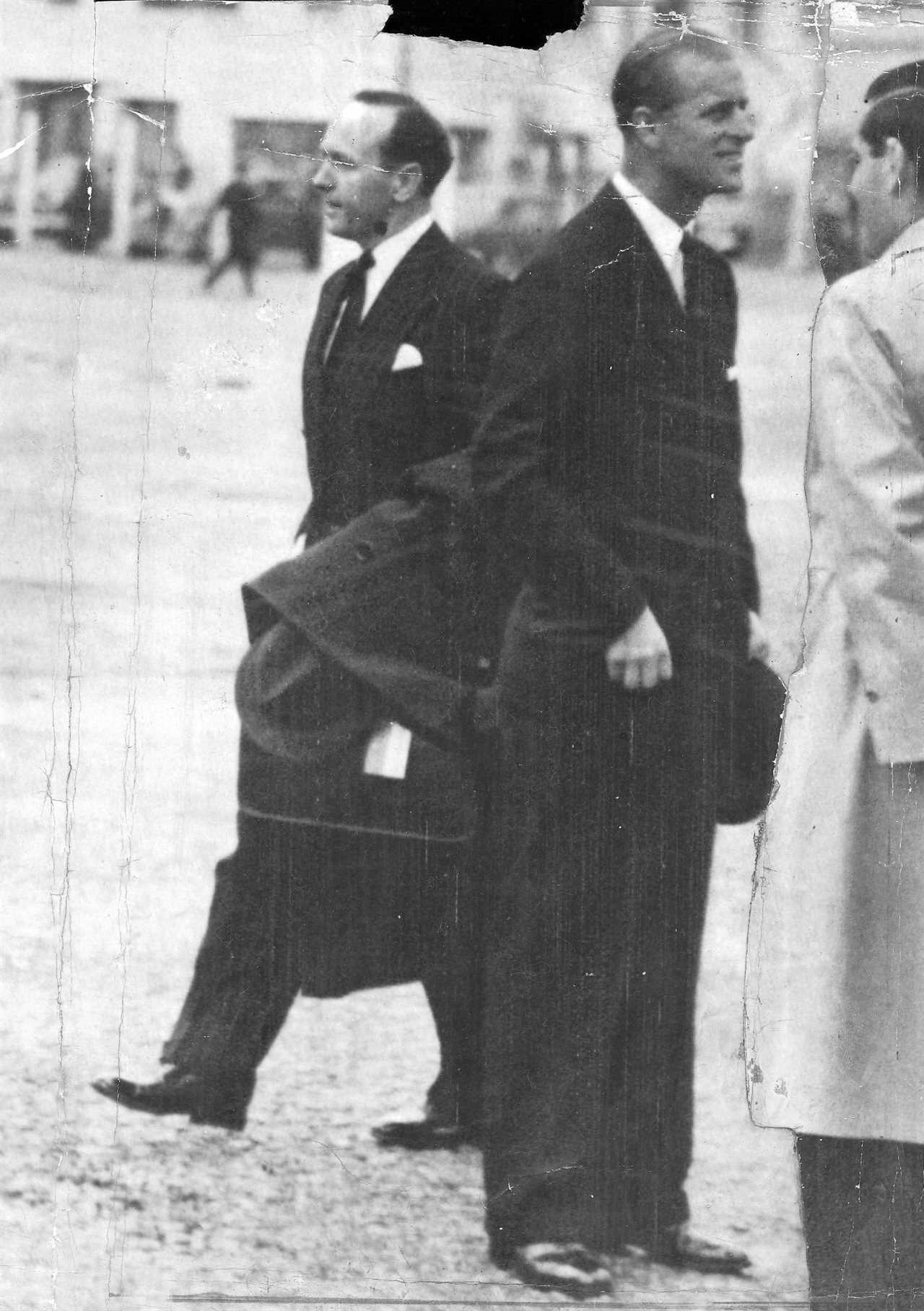
As the group, also including Prince Charles and Diana’s brother Charles Spencer, walked in a sombre line, Philip patted William reassuringly on the back.
It was a loving gesture from a caring grandfather fulfilling his family role.
A man of strength and hidden depths, he was the perfect foil to the Queen.
He never once let her down.






